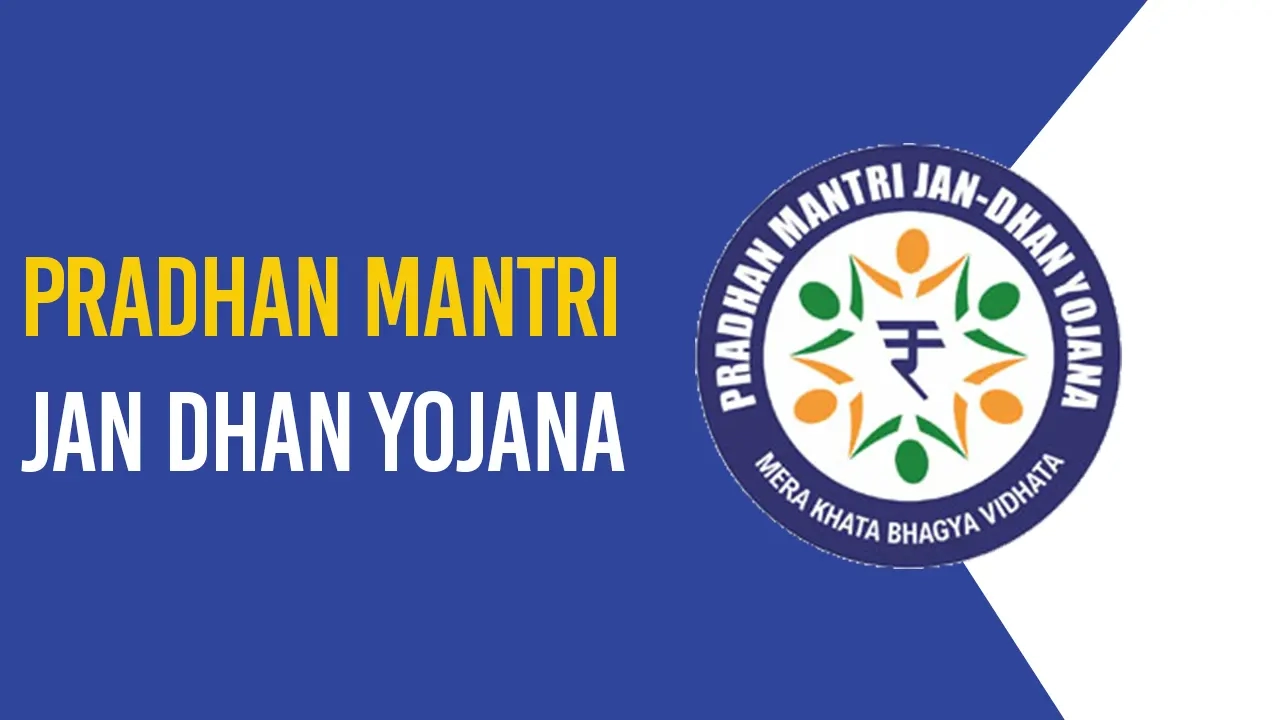Introduction: A Decade of Financial Inclusion
The Pradhan Mantri Jan Dhan Yojana (PMJDY), launched on August 28, 2014, by Prime Minister Shri Narendra Modi, celebrates a decade of successful implementation today. As the largest financial inclusion initiative in the world, PMJDY has played a transformative role in bringing millions of unbanked Indians into the formal financial system, thus promoting economic empowerment and financial security among marginalized communities.
Significance of PMJDY: A Financial Revolution
Union Minister for Finance and Corporate Affairs Smt. Nirmala Sitharaman highlighted the significance of the PMJDY, stating that universal and affordable access to formal banking services is crucial for financial inclusion. Over the past decade, the initiative has facilitated the opening of over 53 crore bank accounts, with a deposit balance of Rs. 2.31 lakh crore. Remarkably, 67% of these accounts have been opened in rural or semi-urban areas, and 55% of them are owned by women.
Key Achievements: Empowering the Unbanked
The success of PMJDY is not only evident in the sheer number of accounts opened but also in the various financial services provided to account holders. These include access to small savings schemes, insurance, credit, and the issuance of over 36 crore RuPay cards, which come with a ₹2 lakh accident insurance cover. The linking of Jan Dhan accounts with mobile numbers and Aadhaar (the JAM trinity) has further strengthened the financial inclusion ecosystem, enabling seamless transfer of government welfare schemes and promoting digital payments.
Transformative Impact: More Than Just a Scheme
Union Minister of State for Finance Shri Pankaj Chaudhary emphasized that PMJDY is more than just a scheme; it is a transformative movement that has empowered many unbanked individuals and provided them with a sense of financial security. The initiative has been instrumental in achieving near saturation in bank accounts across the country, significantly increasing insurance and pension coverage, and promoting financial independence among the economically weaker sections.
Role in Direct Benefit Transfers (DBT): Streamlining Welfare Distribution
PMJDY accounts have also played a crucial role in the implementation of Direct Benefit Transfers (DBT), allowing for hassle-free subsidies and payments to beneficiaries without the need for intermediaries. Additionally, the accounts have contributed to savings accumulation and provided life and accident insurance to millions of unorganized sector workers through Jan Suraksha schemes.
Digital Innovations: Expanding the Reach of Financial Services
The introduction of digital innovations like the Unified Payments Interface (UPI) and the increased issuance of RuPay debit cards have further expanded the reach of digital financial services in India. The number of digital transactions has surged from 2,338 crore in FY 2018-19 to 16,443 crore in FY 2023-24, reflecting the growing adoption of digital payments among PMJDY account holders.
Empowering Women: Fostering Financial Independence
PMJDY’s impact extends beyond financial inclusion, as it has also contributed to reducing reliance on informal lending and empowering women. By providing a secure place for savings and enabling access to credit, the scheme has fostered financial independence and entrepreneurship among women, particularly in rural areas.
Conclusion: A Testament to Commitment and Collaboration
As PMJDY marks its 10th anniversary, it stands as a testament to the government’s commitment to financial inclusion and the welfare of the people. The scheme’s success is a reflection of the collaborative efforts of all stakeholders, including banks, insurance companies, and state governments, in creating a more financially inclusive society.

